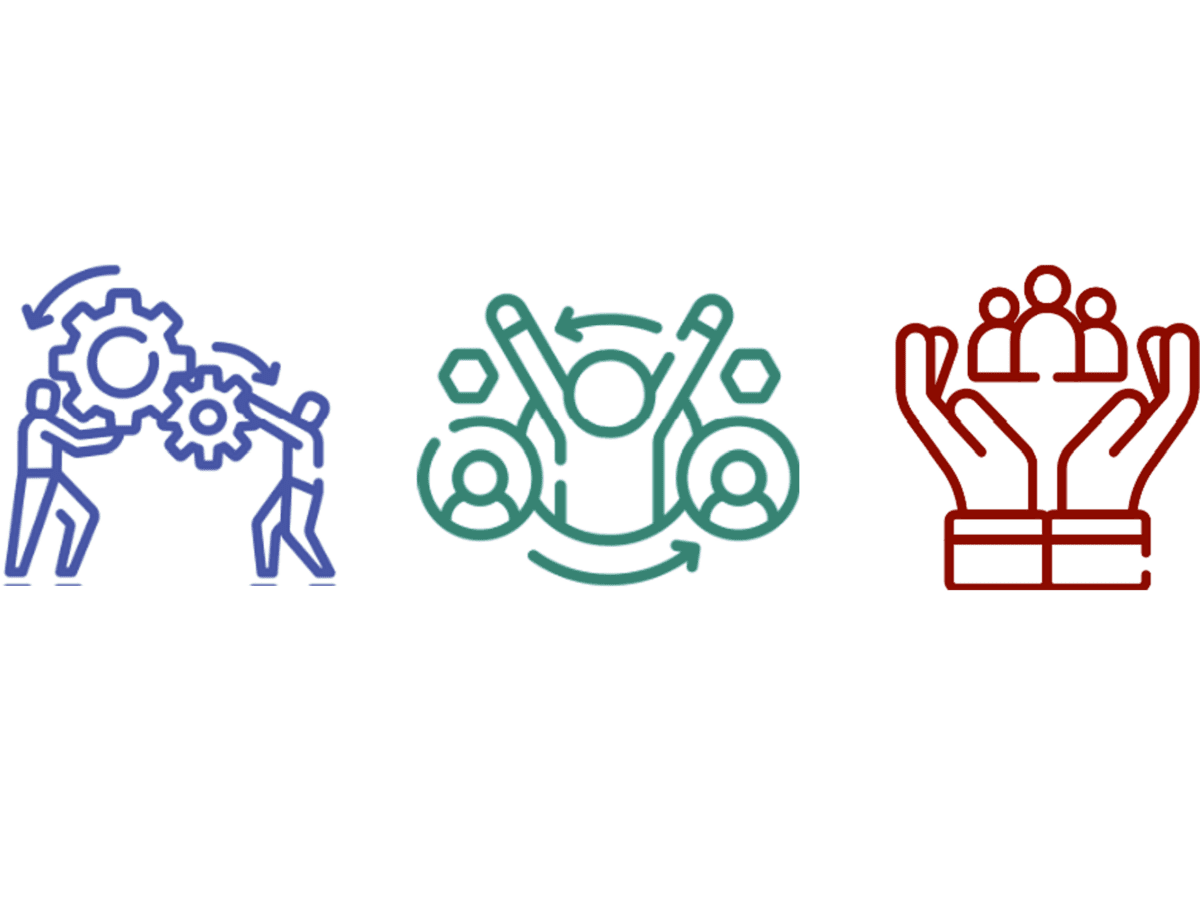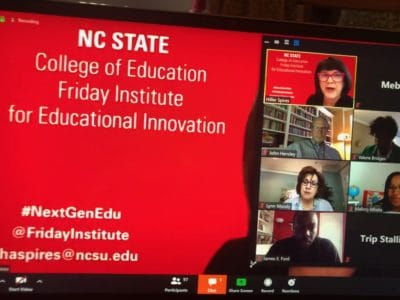
|
|
The Friday Institute for Educational Innovation recently launched an extensive update of its learner agency modules for its free, online learning platform, which has reached more than 80,000 educators and leaders in North Carolina and around the world.
The updated learner agency modules are better aligned to the realities of teaching and learning in today’s world and quickly get educators and leaders ready to make changes in their classrooms based on their student feedback and educational context.
What is learner agency?
At its core, learner agency embodies the belief that students should not merely be recipients of knowledge but active participants in their own learning journey. Learner agency shifts the focus from traditional, teacher-centered approaches to a student-centered classroom culture that provides students the skills and opportunity to take ownership of their learning and accountability for learning outcomes. It champions the idea that students possess the autonomy, voice, and capacity to shape their educational experiences in meaningful ways.
Learner agency is unique to each and every student and context. Enacting agency and the confidence to do so is closely tied to our identities, culture, and personal experiences. It is particularly crucial to be aware and supportive of students from historically marginalized communities who have often been underserved by traditional educational models or who feel disempowered. They may fear their agency being denied or punished.
Fostering learner agency in each and every student ensures that all students have access to meaningful learning experiences that honor their identities, voice, and aspirations and promotes equity and inclusion.
Learner readiness
Another element to consider when supporting the development of learner agency in students are the executive functions of the brain that enable individuals to plan, organize, execute tasks, regulate emotions, and monitor and evaluate their own behavior. Executive functions play a crucial role in learners’ ability to engage in agency. A portion of executive functioning skills related to self-management, ethical choices, and relationships are also referred to as social and emotional learning competencies.
These functions include skills such as:
- Organization,
- Task initiation,
- Memory,
- Problem solving,
- Self-regulation, and
- Goal-directed behavior.
Learner agency and executive functions are closely intertwined, with executive functions serving as foundational skills that support and enhance students’ capacity for agency in the learning process. By developing and honing executive functions, students can more effectively exercise learner agency, take ownership of their learning, and achieve greater success in academic endeavors. Conversely, promoting learner agency can also contribute to the development and refinement of executive functions, fostering a mutually reinforcing relationship between these two essential aspects of student growth and development.
Agency is as complex and unique as the individual. To support a learner’s exploration in agency, we have to consider supporting specific executive functions to enable their success.
Modules are available for teachers and leaders
Two are teacher modules:
Foundations of Learner Agency is centered on defining agency, understanding that it will look different for every student and context, and considering how our identities can shape our thinking about learner agency.
Learner Agency in Practice is intended to be a part two to Foundations, guiding participants through collecting their students’ feedback, unpacking it, and making intentional changes in their classroom. Participants who took the modules previously are encouraged to retake Learner Agency in Practice, which has the greatest level of change.
There is one leadership module:
Leading with Purpose: Learner Agency for Marginalized Students is a streamlined module intended for school and district leadership to gain insight and perspective on how they can foster learner agency in students from their school, with a particular awareness and support for students from marginalized groups who may have experienced punishment previously for enacting their agency.
These modules are self-paced and center around understanding learner agency and putting it into practice in the classroom. They support educators in creating a learning environment that fosters and empowers every student. There are multiple real classroom examples, practical strategies to try, and guided reflections to help educators and leaders gain insight from students and reflect deeply on their role in fostering learner agency, with a special focus on empowering students from historically marginalized groups.
Through the individual companion workbooks available in Foundations of Learner Agency and Learner Agency in Practice, participants are encouraged to take a more introspective look at their teaching practice, their interactions with students, and how they can provide opportunities for students to enact their agency. Geared toward K-12 teachers and leaders, these three modules are designed to take 10 hours each.
If you would like a deeper understanding of executive functions and strategies to support these cognitive processes that impact learning and student success, consider taking the Learning Differences course and the Social and Emotional Learning for Educators modules.
Editor’s Note: The Oak Foundation supports the work of EdNC and the Friday Institute.





